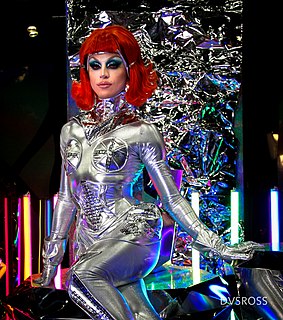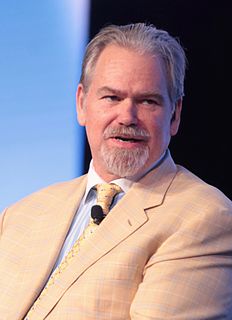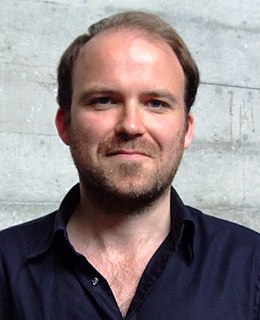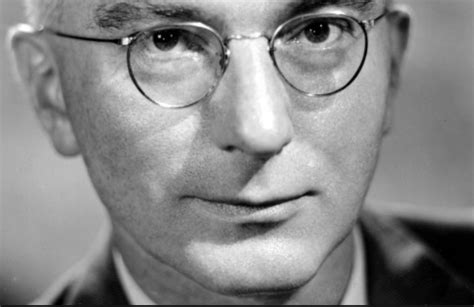A Quote by Lauren Groff
I see history as really cyclical in terms of the intense idealism, and the desire to create a better life outside of societal norms.
Related Quotes
When we say we have patterns, there is a cyclical movement to everything. Our psychological and emotional processes also have become cyclical largely because of a very strong attachment and involvement with physical process, and physical process has to be cyclical; only then we exist. Without out cyclical movement there'll be no physical existence.
The constancies and equivalences adumbrated work havoc with such settled topical blocks as myth and philosophy, natural reason and revelation, philosophy and religion, or the Orient with its cyclical time and Christianity with its linear history. And what is modem about the modem mind, one may ask, if Hegel, Comte, or Marx, in order to create an image of history that will support their ideological imperialism, still use the same techniques for distorting the reality of history as their Sumerian predecessors?
The fact that you couldn't see Alfred Hitchcock's first film The Mountain Eagle, or that you couldn't see so many of F.W. Murnau's masterpieces, or that you couldn't see so many of Oscar Micheaux's really intriguing race melodramas, made with fierce independent spirit against all odds in '20s and '30s America. That stuff haunted me. They really did bring to life a sense of 20th Century history: cultural history, pop history, gender politics and race politics, socio economic history, all that stuff. It was bracing and instructive.




































